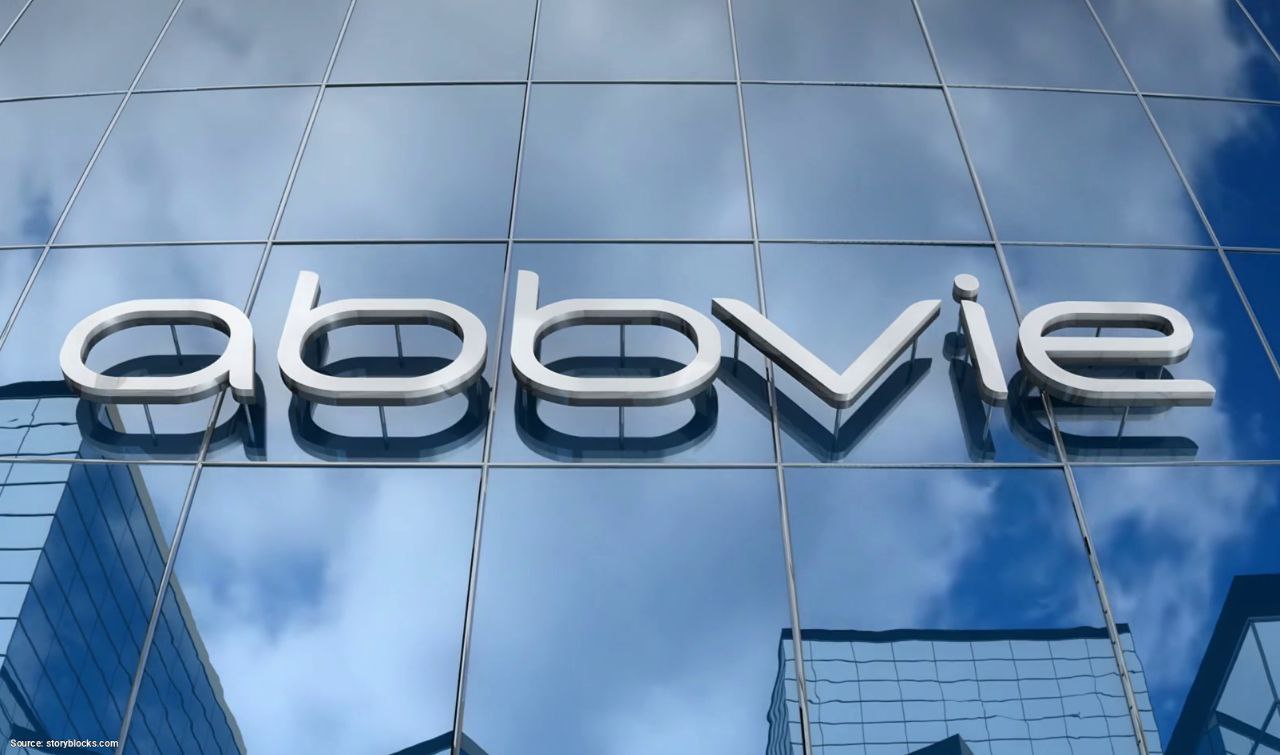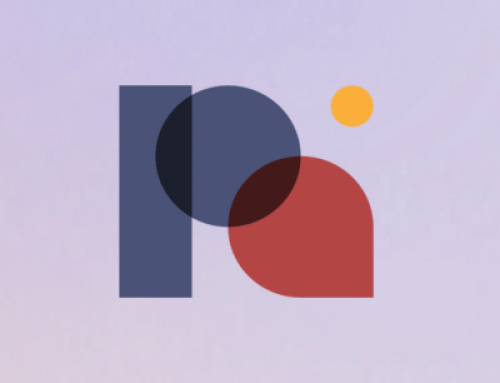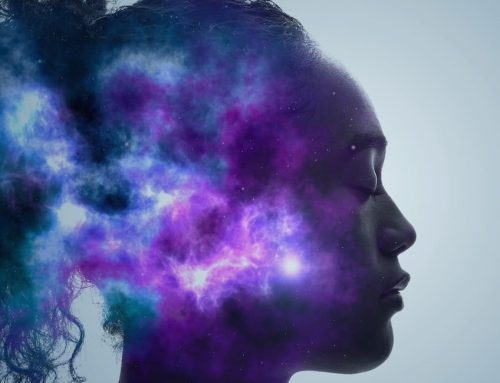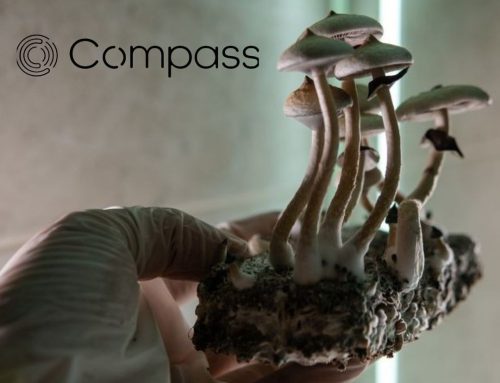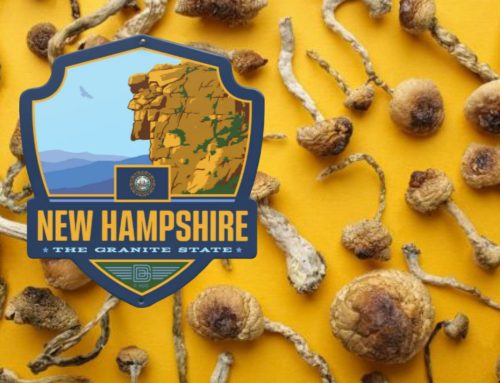AbbVie Reveals $900M Upfront Payment in Psychedelic Deal, Signaling Strong Bet on Bretisilocin
CHICAGO – AbbVie Inc. disclosed in a recent securities filing that it handed over $900 million in cash at the outset of its acquisition of bretisilocin, the experimental psychedelic compound acquired from Gilgamesh Pharmaceuticals aimed at treating major depressive disorder (MDD). The revelation, uncovered in the company’s Q3 2025 report, fills in a key blank from the $1.2 billion transaction announced in August and closed last month, showing that three-quarters of the value flowed immediately to the seller.
That cash portion exceeds what deal watchers had anticipated for a Phase 2 asset in the nascent field of psychedelic medicines, where upfront payments often hover below 50% to hedge against clinical uncertainties. Here, the structure underscores AbbVie’s confidence in bretisilocin [GM-2505] – a serotonin receptor agonist designed for quicker onset and shorter duration than classic hallucinogens like psilocybin. Early trial data showed remission rates topping 90% in midstage studies, a result that appears to have tipped the scales for the Chicago-based drugmaker.
The deal marks a pivot for AbbVie, which has poured more than $20 billion into bolt-on buys since its blockbuster rheumatoid arthritis drug Humira lost exclusivity in 2023. Psychedelics represent fresh ground. While the company inked a broader research pact with Gilgamesh last year, this asset purchase catapults it into direct competition with outfits chasing rapid-acting therapies for the 280 million people worldwide grappling with depression. The move follows a stumble in AbbVie’s neuroscience push [its $8.7 billion Cerevel Therapeutics takeover yielded a schizophrenia candidate that flopped in trials] prompting a sharper focus on validated mechanisms like the 5-HT2A pathway bretisilocin targets.
Field participants see the payout as a litmus test. “This level of upfront commitment reflects high conviction in the mechanism, the Phase 2 results, and Gilgamesh’s track record,” said Florian Brand, co-founder of Atai Life Sciences, a psychedelics developer, in a recent interview to Psychedelic Alpha. Investors echoed that view on social platforms, with analysts noting the terms outpace comparable biotech transactions and could foreshadow more big-pharma entries into a sector projected to hit $50 billion in value.
Yet the enthusiasm comes with caveats. Psychedelic candidates still face steep regulatory bars, including controlled-substance scheduling that could crimp distribution, and late-stage trials often trim the promise of early signals.
For AbbVie, the wager fits a pattern of aggressive pipeline-building to offset Humira’s fade, now in its third year of erosion. Bretisilocin slots into a psychiatry lineup heavy on established players like Compass Pathways, Atai Life Sciences, Cybin, and MindMed, but light on breakthrough options for treatment-resistant depression. If it clears hurdles [with late-stage work slated to ramp up soon] it could command premium pricing in a market where current standards like SSRIs fall short for roughly one-third of patients.
In the end, AbbVie’s bold stroke may accelerate psychedelics’ shift from fringe curiosity to boardroom priority, validating years of groundwork by smaller players. Ultimately, success will turn on execution. Transforming a mind-altering molecule into a reliable prescription requires both science and savvy navigation of stigma and scrutiny. For an industry long starved of game-changers in mental health, this could be the catalyst, or another reminder that conviction alone doesn’t guarantee results.












